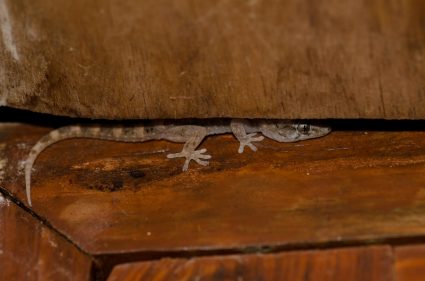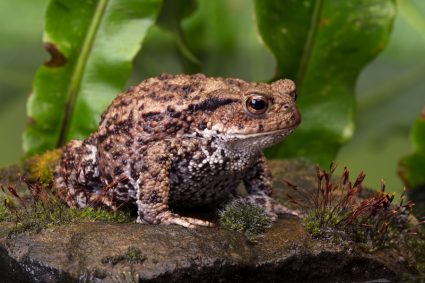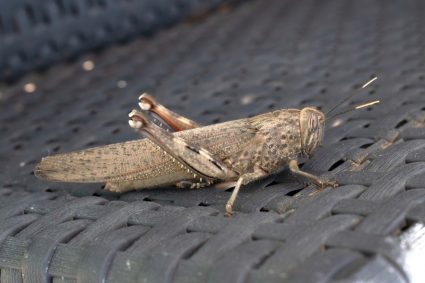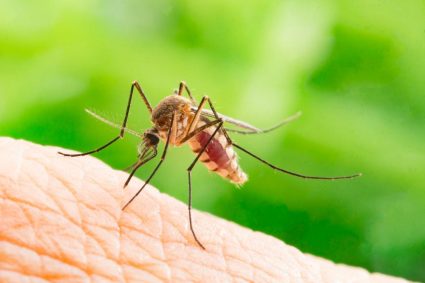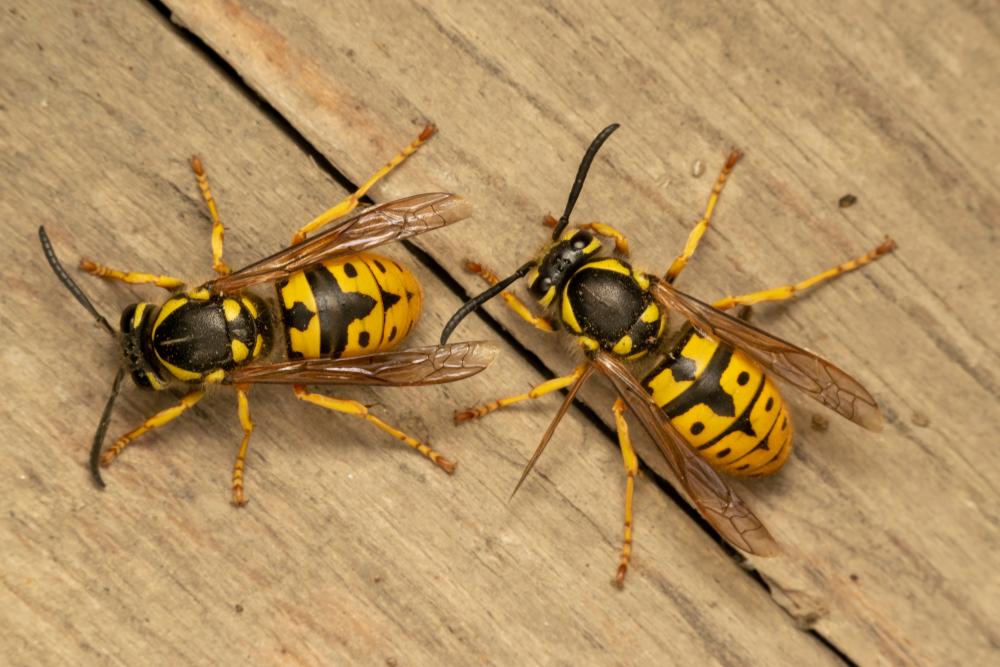
As a homeowner, one of the challenges you might face is dealing with wasps near your windows. Wasps are attracted to windows mainly due to light, pleasant smells, floral fragrances, access to water, and the shelter that the window area provides. The sight of wasps buzzing around your windows can be unnerving, and the risk of painful stings makes it even more unsettling. In this comprehensive guide, we will cover everything you need to know about keeping wasps away from your windows.
To keep wasps away from windows, use natural remedies like essential oil sprays, wasp-repellent plants, DIY vinegar traps, citronella candles, garlic powder, and mothballs. Install fine mesh or netting on windows and seal cracks to prevent wasp entry. Commercial products like fake wasp nests and essential oil-based repellents can also be used. Remove existing wasp nests safely and take precautions to avoid getting stung.
The Risks of Having Wasps Near Windows
Having wasps near windows poses several risks. They can cause significant damage to your home, especially if they start tunneling through wood. A wasp sting is painful, and some people can have severe allergic reactions to them. Wasps are territorial and can become aggressive if they perceive a threat near their nest. If wasps find their way into your home, it can lead to an infestation that is difficult to manage.
Effective Techniques to Prevent Wasps from Coming Near Windows
To prevent wasps from coming near windows, you can use a combination of natural remedies and preventative measures.
Natural Remedies
Essential Oils: Mix a few drops of clove, geranium, and lemongrass essential oils with water and dish soap in a spray bottle. Spray this mixture around windows and other areas where wasps are likely to build nests.
Wasp-Repellent Plants: Plant wasp-repellent varieties like spearmint, thyme, eucalyptus, wormwood, and citronella near your windows. Flowering plants like marigolds, geraniums, or pennyroyals can also help keep wasps away.
DIY Vinegar Trap: Mix two cups of apple cider vinegar, two cups of sugar, and one cup of water. Stir the mixture thoroughly and place it near the windows to attract and kill wasps.
Citronella Candles: Burn citronella candles or torches near windows to repel wasps with their scent.
Garlic Powder: Spray garlic powder around the window area to deter wasps. Do not spray garlic powder directly on wasps.
Mothballs: Hang mothballs inside socks close to the windows to keep wasps away.
Preventative Measures
Fine Mesh or Netting: Install fine mesh or netting made of steel wire or plastic on your windows to prevent wasp entry.
Sealing Cracks and Crevices: Inspect the exterior of your home and seal any cracks or holes where wasps could enter. Use caulk or weatherstripping to seal gaps around doors and windows, and cover vents and chimneys with mesh screens.
Removing Attractants: Keep your yard clean and free of food sources that attract wasps, such as open garbage cans, uncovered food, and sweet-smelling plants or flowers.
Setting up Wasp Traps: Place wasp traps near windows to capture and remove wasps from the area.
Commercial Products for Wasp Deterrence
There are several commercial products that can help deter wasps from windows. Fake wasp nests, essential oil-based repellents, wasp-repellent plants, and insect repellent products containing oil of lemon eucalyptus or Picaridin can be applied to window screens or netting to deter wasps.
Safely Removing Existing Wasp Nests
If you find a wasp nest near your window, it’s crucial to remove it safely. Wear protective clothing, approach the nest at night when wasps are less active, and use a garbage bag to cover and detach the nest. If the nest is out of reach, use a power washer to dislodge it, or a mixture of soap and water in a spray bottle to kill the wasps.
Precautions to Avoid Getting Stung
To avoid getting stung while trying to keep wasps away from your windows, wear light-colored, smooth-finished clothing, avoid using perfumed soaps, shampoos, and deodorants, and wear clothing that covers as much of the body as possible. If a single wasp is flying around, remain calm and still. If you are attacked by several wasps at once, protect your face with your hands and run away from the area immediately.
In conclusion, dealing with wasps near your windows can be a challenging task. However, by using a combination of natural remedies, preventative measures, commercial products, and taking the necessary precautions, you can effectively keep wasps away from your windows and enjoy a wasp-free home.
Frequently Asked Questions
What other essential oils can be used to repel wasps?
Apart from clove, geranium, and lemongrass essential oils, you can also use peppermint, eucalyptus, and citronella essential oils. These oils have strong scents that are known to deter wasps.
How often should I apply the essential oil mixture?
The frequency of application can depend on the severity of the wasp problem and the weather conditions. Generally, it’s advisable to spray the essential oil mixture around your windows once every week. However, if it rains, you might need to apply it more frequently as the rain can wash away the mixture.
Can I use the vinegar trap indoors?
Yes, you can use the vinegar trap indoors. However, be mindful of its placement as it can attract wasps inside your home. It’s best to place it near windows where you’ve noticed wasp activity, but ensure that the windows are closed to prevent wasps from entering your home.
What should I do if I’m allergic to wasp stings?
If you’re allergic to wasp stings, it’s crucial to have an epinephrine autoinjector (EpiPen) on hand. If you get stung, use the EpiPen immediately and seek medical attention. It’s also advisable to hire a professional pest control service to handle wasp infestations if you’re allergic to their stings.
Can I use these methods to repel other insects as well?
Many of these methods, such as essential oils, vinegar traps, and wasp-repellent plants, can also deter other insects like mosquitoes and flies. However, their effectiveness can vary depending on the type of insect.


